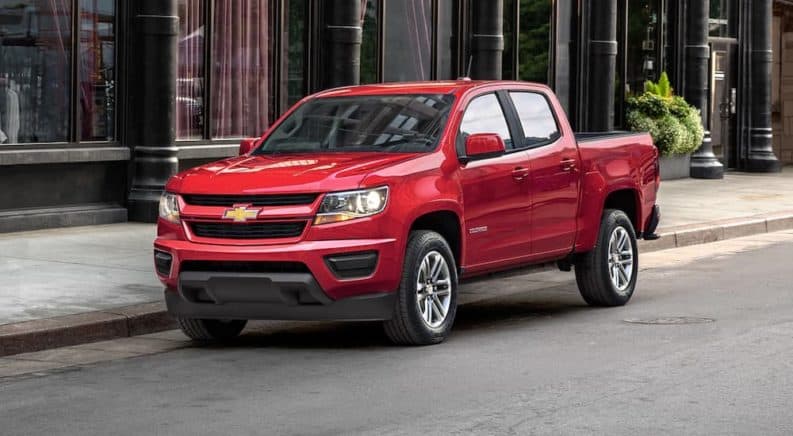Purchasing a used truck requires careful consideration to ensure you make a wise investment that meets your needs and expectations. Start by defining your requirements – assess whether you need a full-size truck for heavy towing and hauling, or a midsize truck for everyday commuting and occasional recreational use. Consider factors like payload capacity, towing capability, fuel efficiency, and desired features such as four-wheel drive 4WD or off-road packages. Set a realistic budget that includes not only the purchase price but also additional costs like taxes, registration fees, insurance, and potential maintenance or repairs. Research different makes and models known for reliability and durability, and consider how their depreciation rates and resale values may affect your long-term ownership costs.
Utilize online resources and automotive marketplaces to compare prices, read reviews, and check availability of specific truck models. Look for trucks with documented service histories and a clean title, as these factors can indicate how well the truck has been maintained and its overall condition. Request a vehicle history report using the VIN to uncover any past accidents, ownership history, or potential red flags that could affect the truck’s value or reliability. Conduct a thorough inspection of the truck, visually and mechanically, or hire a trusted mechanic for a pre-purchase inspection. Check for signs of wear and tear, rust, or damage to the body and frame. Evaluate the condition of tires, brakes, suspension components, and undercarriage. Test features such as the engine, transmission, steering, and braking systems to ensure they operate smoothly and efficiently.
 Take the truck for a test drive to assess its performance, handling, and comfort. Test features like acceleration, braking, and maneuverability in different driving conditions and Contact us today. Evaluate the functionality of interior features, including seats, dashboard controls, infotainment systems, and safety features. Consider the truck’s maintenance history and anticipated costs for routine upkeep. Review consumer reports and reliability ratings to gain insights into long-term ownership costs and overall satisfaction among owners. Evaluate factors such as fuel economy, insurance rates, and potential resale value to understand the complete cost of ownership.
Take the truck for a test drive to assess its performance, handling, and comfort. Test features like acceleration, braking, and maneuverability in different driving conditions and Contact us today. Evaluate the functionality of interior features, including seats, dashboard controls, infotainment systems, and safety features. Consider the truck’s maintenance history and anticipated costs for routine upkeep. Review consumer reports and reliability ratings to gain insights into long-term ownership costs and overall satisfaction among owners. Evaluate factors such as fuel economy, insurance rates, and potential resale value to understand the complete cost of ownership.
Negotiate the price based on your research, inspection findings, and market value of similar trucks. Be prepared to walk away if the seller is unwilling to negotiate within your budget or address concerns about the truck’s condition. Review the terms of sale carefully, including any warranties, return policies, or financing options offered by the seller or dealership. By following these expert tips and conducting thorough research and evaluation, you can make an informed decision when purchasing a used truck. Taking the time to evaluate your needs, assess the truck’s condition, and negotiate the terms of sale ensures you find a reliable vehicle that meets your expectations for performance, reliability, and overall value.
